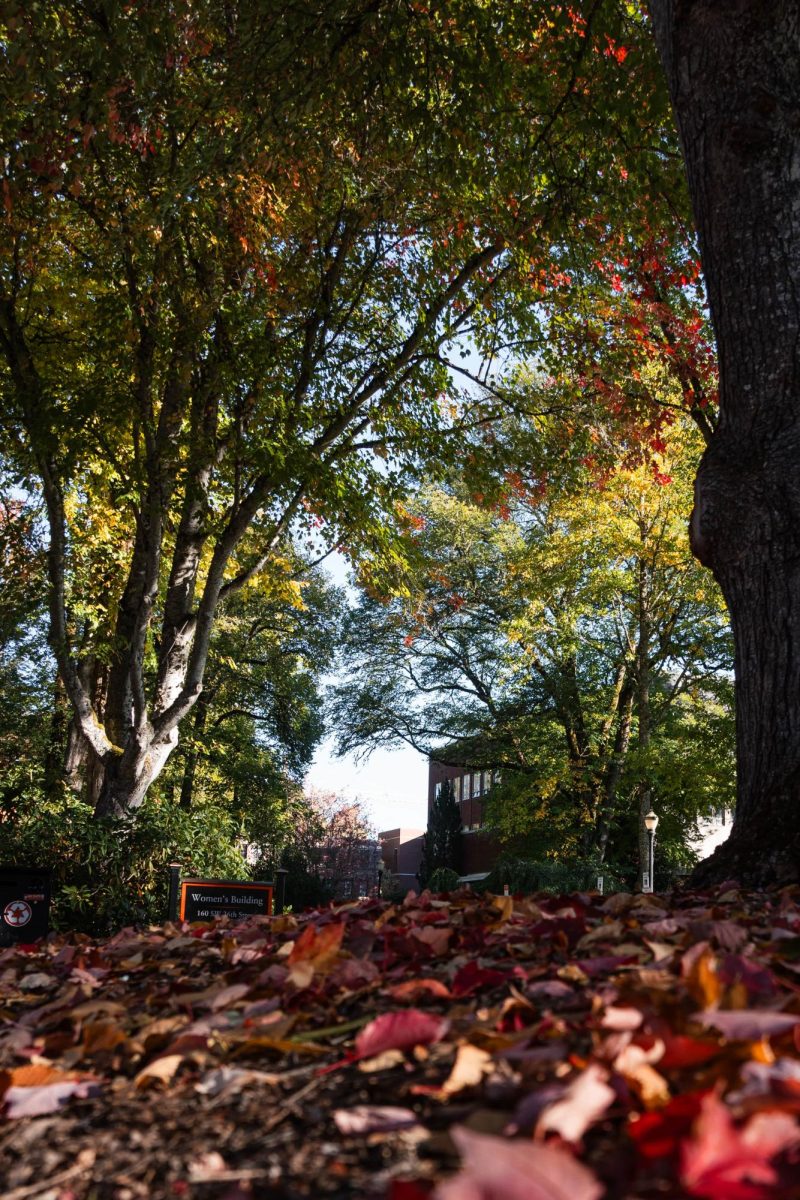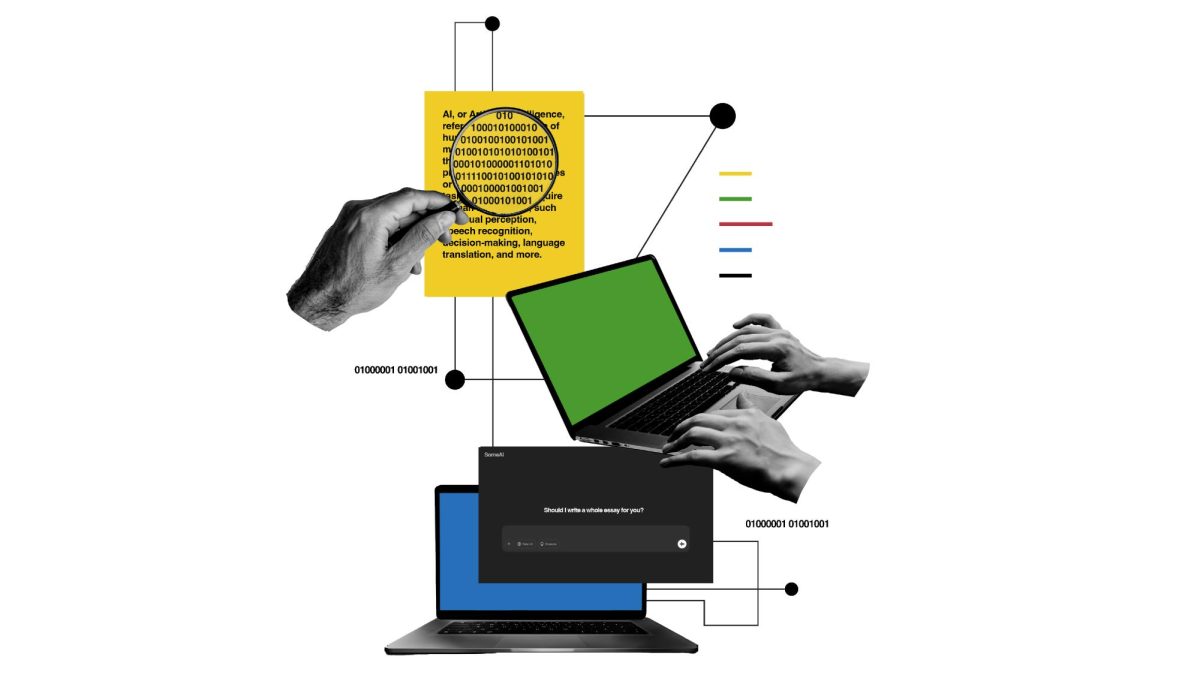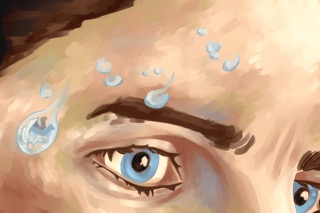If you have ever said, “Why do I have to take a science class? I will never use this,” you are probably not alone. Many students from various non-STEM fields question the relevance of Oregon State University’s Baccalaureate Core, aka BaccCore, science requirement.
After all, for many undergraduate students, subjects such as biology, chemistry or physics could seem distant or irrelevant topics in comparison to their primary field of study.
However, there is much more to these science courses than meets the eye, and the skills they teach are valuable far beyond the laboratory and classroom.
“At OSU, it’s a renaissance education you’re signing up for,” said Evan Thatcher, an OSU senior physics instructor.
“Learning how lots of different people think and different ways to look at the world is important. So taking a couple science classes, taking some English, history, philosophy or political science courses, those are all important things to do to understand how the world works and how people work,” Thatcher said.
Thatcher pointed out the broader mission of OSU’s BaccCore curriculum, which is designed to ensure all students develop a broad set of intellectual skills, regardless of their major. The BaccCore science requirement exists not just to introduce students to scientific knowledge but to teach ways of thinking that are applicable across nearly every discipline.
Critical thinking is a key takeaway from these science courses, according to Thatcher. The science requirement exists not just to introduce students to scientific knowledge but to instill ways of thinking that apply to nearly every field.
According to Thatcher, physics is one subject that students might shy away from out of fear that it’s difficult and abstract.
“Physics has a lot of well-earned stereotypes,” Thatcher said. “I mean, if you think of a physicist, you’re probably thinking of someone like Einstein, who’s old, and white-haired, and white and male… (which) doesn’t fit most of the people that come into my course.”
Thatcher said that he and other instructors are trying to make changes to how physics is taught, with the goal of making it more engaging and accessible to students across all disciplines.
“The more you can make the new information relevant to a student’s life, the more readily they take it in,” Thatcher said.
Thatcher also pointed out a recent trend in science education which prioritizes problem-solving skills over memorizing equations or formulas, equipping students with valuable abilities for their future careers.
“I hope we’re also teaching big-picture skills (in physics courses),” Thatcher said.
Thatcher said many people associate physics with genius-level intellect and believe it is a subject meant only for the exceptionally gifted. However, he emphasized that the algebra-based PH 20X Introductory Physics sequence at OSU offers a more accessible approach, aiming to shift the perception that physics is only for the exceptionally gifted. The sequence at OSU offers a more accessible and less intimidating approach to the subject.
“I (often) tell students that I don’t really care if they remember any of the equations they’ve learned in physics,” Thatcher said. “I do care that they can take the problem-solving skills that they learned in the physics course and apply them elsewhere.”
This, Thatcher argued, is the real value of physics: The ability to synthesize diverse ideas and perspectives to tackle complex challenges. This skill set is important not just for scientific inquiry, but for tackling challenges in everyday life and every professional field one may be working in.
For example, business students may use data analysis to predict market behavior or artists may apply physics in understanding lighting and perspective.
Physics is not just about learning how the world works but is about learning how to engage with the world in a more thoughtful and analytical way, according to Thatcher.
Moreover, the BaccCore science requirement is not intended to turn students into physicists. The requirement is more about ensuring that students are equipped with a broader set of cognitive tools.
“Learning how scientists think, and learning how to analyze the world from different perspectives is really important,” Thatcher said.
So the next time you find yourself grumbling about your physics class, remember that the skills you are learning will not only make you a more well-rounded individual but will also help you engage with the world more thoughtfully and effectively.
Whether you are solving a complex physics problem or tackling a challenge in your future career, the problem-solving skills you are developing will be indispensable.




















